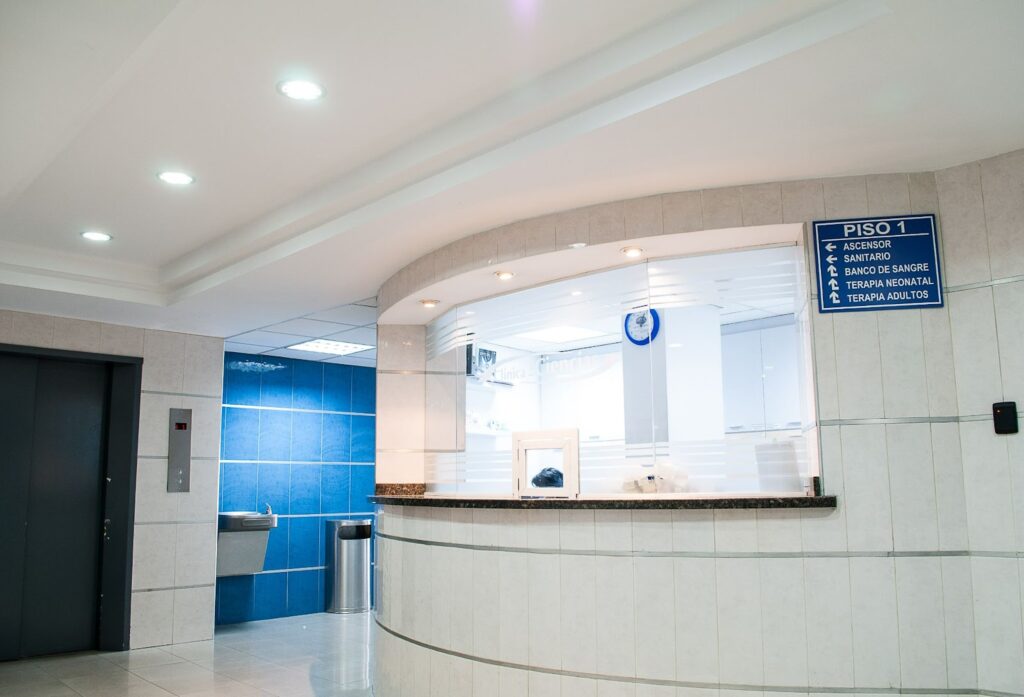Medicare is a government health insurance program for persons 65 and older, people with disabilities, and those with End-Stage Renal Disease (ESRD), which is persistent kidney failure that necessitates dialysis or a kidney transplant. Medicare provides coverage for dialysis and kidney transplant services, which are crucial for individuals with ESRD to manage their condition and maintain a good quality of life. In this article, we will discuss in detail the Medicare coverage for dialysis and kidney transplant services.
Dialysis Services
Dialysis is a medical procedure that filters waste products, excess fluids, and toxins from the blood when the kidneys can no longer perform this function. Medicare Part B covers dialysis services for people with ESRD, regardless of age. Dialysis treatments can be performed in a hospital, outpatient facility, or at home, and Medicare covers all of these settings. In addition to the dialysis treatment itself, Medicare also covers the necessary equipment and supplies, including hemodialysis machines, dialyzers, and supplies for peritoneal dialysis.
Coverage for Home Dialysis
Home dialysis is a type of dialysis that can be performed at home, and Medicare covers this service as well. Home dialysis is classified into two types: peritoneal dialysis and home hemodialysis. Peritoneal dialysis is a treatment that uses the lining of the abdomen to filter waste products from the blood. Home hemodialysis is a treatment that involves using a machine to filter the blood, similar to in-center hemodialysis. Medicare covers the necessary equipment and supplies for home dialysis, including dialysis machines, dialyzers, and other supplies.
Kidney Transplant Services
A kidney transplant is a surgical procedure in which a healthy kidney is transplanted into a person with ESRD. Medicare Part A covers kidney transplant services, including surgery, hospital stay, and follow-up care. In addition, Medicare Part B covers the necessary anti-rejection medications that are required after a kidney transplant.
Eligibility for Medicare Coverage
To be eligible for Medicare coverage for dialysis and kidney transplant services, a person must have ESRD, which is permanent kidney failure requiring dialysis or a kidney transplant. There are no age or income restrictions for Medicare coverage for ESRD. However, a person must be a U.S. citizen or a permanent resident who has lived in the U.S. for at least five years to be eligible for Medicare coverage.

Costs and Coverage Limitations
Medicare covers a significant portion of the costs of dialysis and kidney transplant services. However, there are still some out-of-pocket costs for beneficiaries. Medicare Part A covers the hospital stay for kidney transplant surgery, but beneficiaries are responsible for a deductible of $1,484 per benefit period in 2021. Medicare Part B covers 80% of the cost of dialysis treatments and the necessary equipment and supplies. Beneficiaries are responsible for the remaining 20% of the cost.
In addition, there are some coverage limitations for Medicare beneficiaries. For example, Medicare does not cover the costs of transportation to and from dialysis treatments, although some states have Medicaid programs that provide this coverage. Medicare also does not cover the cost of housing or meals for beneficiaries who need to travel for kidney transplant evaluations or surgery. However, there are nonprofit organizations that provide financial assistance to help cover these costs.
Conclusion
Medicare coverage for dialysis and kidney transplant services is essential for people with ESRD to manage their condition and maintain a good quality of life. Medicare covers dialysis treatments in various settings, including hospitals, outpatient facilities, and at home. Medicare also covers kidney transplant services, including surgery, hospital stay, and necessary anti-rejection medications. However, there are still out-of-pocket costs for beneficiaries and some coverage limitations. If you or a loved one has ESRD and needs dialysis or a kidney transplant, it is essential to understand your Medicare coverage and the associated costs.
If you have questions about Medicare coverage for dialysis and kidney transplant services, you can contact the Medicare Answer Team. They can help you understand your Medicare benefits and assist you in finding an insurance or Medicare plan that suits your needs. You can also talk to one of their agents to get information on insurance plans and how they can help cover the costs not covered by Medicare.
Medicare provides coverage for essential dialysis and kidney transplant services for individuals with ESRD. It is crucial to understand your Medicare coverage and the associated costs to make informed decisions about your healthcare. Don’t hesitate to reach out to the Medicare Answer Team for assistance in navigating your Medicare benefits and finding insurance plans that meet your needs.

